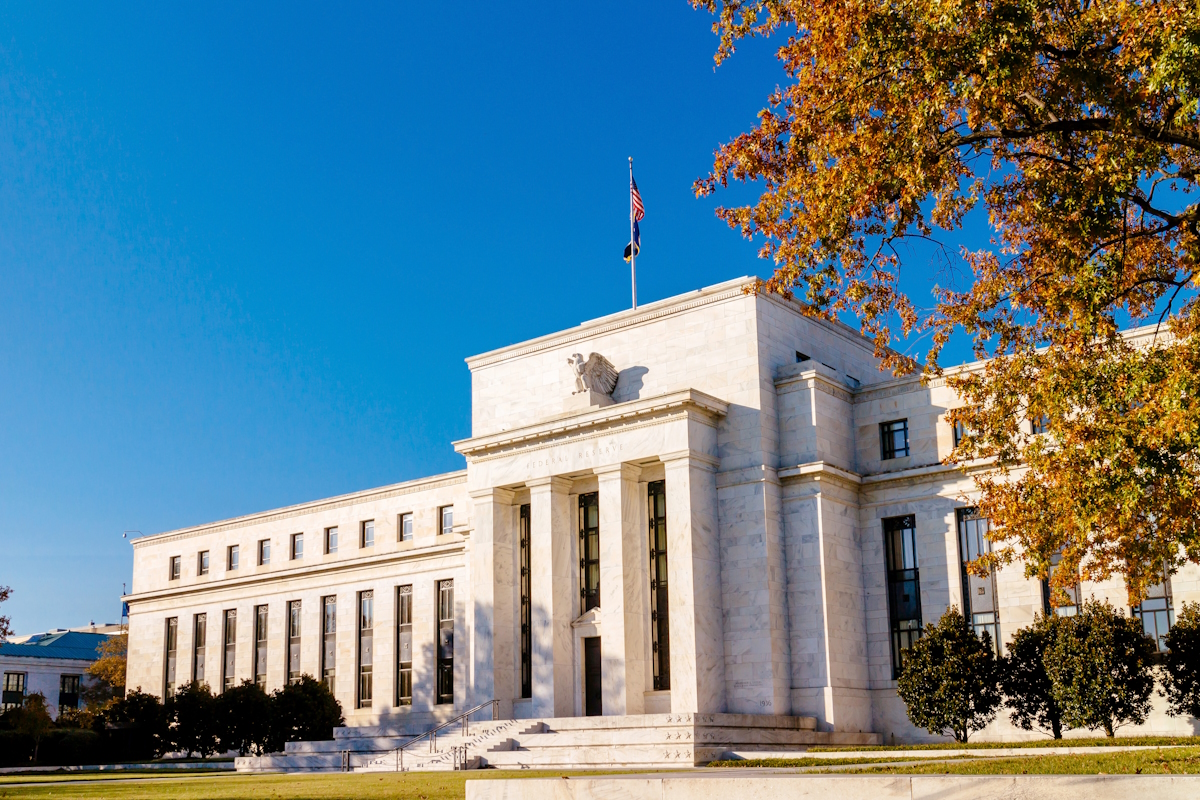In a highly awaited move, the US Federal Reserve (Fed) has cut interest rates by 50 basis points, marking the first cut in four years, aiming to ensure a “soft landing” for the economy amidst global uncertainties. The move was met with mixed reactions from the financial market, some calling it “outsized”.
In Asia, stock markets mostly rose on Thursday following the Fed’s move. Japan’s Nikkei 225 rose 2.13%, while the broad-based Topix climbed 2.01%. The Taiwan Weighted Index rose 1.68%, and the CSI 300 in mainland China ended at 0.8% higher. South Korea’s blue-chip Kospi and the small-cap Kosdaq climbed 0.21% and 0.86%, respectively. Australia’s S&P/ASX 200 hit a record high with a 0.61% gain.
Ray Sharma-Ong, head of multi-asset investment solutions – Southeast Asia, at abrdn, expects long-duration sectors (like Asian info tech and health care), as well as interest rate beneficiaries (like Korea, Taiwan, India and Asian REITs), to benefit from the easing rate environment.
Asian central banks might follow the Fed decision, “potentially increasing the appeal of Asian bonds,” opined Eastspring Investments. “Meanwhile the USD is also likely to lose its relative carry appeal, providing tailwinds to Asian currency strength. However, markets are expected to remain volatile on the continued unwinding of Yen carry, global slowdown, and geopolitical risks.”
Hong Kong has already followed suit with the Hong Kong Monetary Authority (HKMA) cutting its base rate via the overnight discount window by 50 basis points to 5.25%. The financial centre’s currency is pegged to the USD in a narrow range of 7.75-7.85 per dollar. Therefore, HKMA moves in lockstep.
The Monetary Authority expects the Fed rate cut to impact Hong Kong’s economy positively.
Investment firm Colliers sees the financial centre’s investment prospects boosted, especially for the real estate market. “The implementation of the interest rate cut policy may motivate investors to actively seek market opportunities, particularly those undervalued and high-quality assets located in core areas, and it may also attract the return of international capital,” said Kathy Lee, Head of Research at Colliers.
Attention is now turning to the Bank of Japan’s interest rate decision on Friday. “A weaker yen and the Fed’s dovish stance to avoid a recession are very encouraging for Japan because its economy and corporate earnings are highly sensitive to the US,” said Tomochika Kitaoka, chief Japanese equity strategist at Nomura Securities.
The Japanese central bank ended its decades-long policy of ultra-low interest rates earlier this year.


 Australia
Australia China
China India
India Indonesia
Indonesia Japan
Japan Malaysia
Malaysia Philippines
Philippines Singapore
Singapore South Korea
South Korea Taiwan
Taiwan Thailand
Thailand Vietnam
Vietnam







